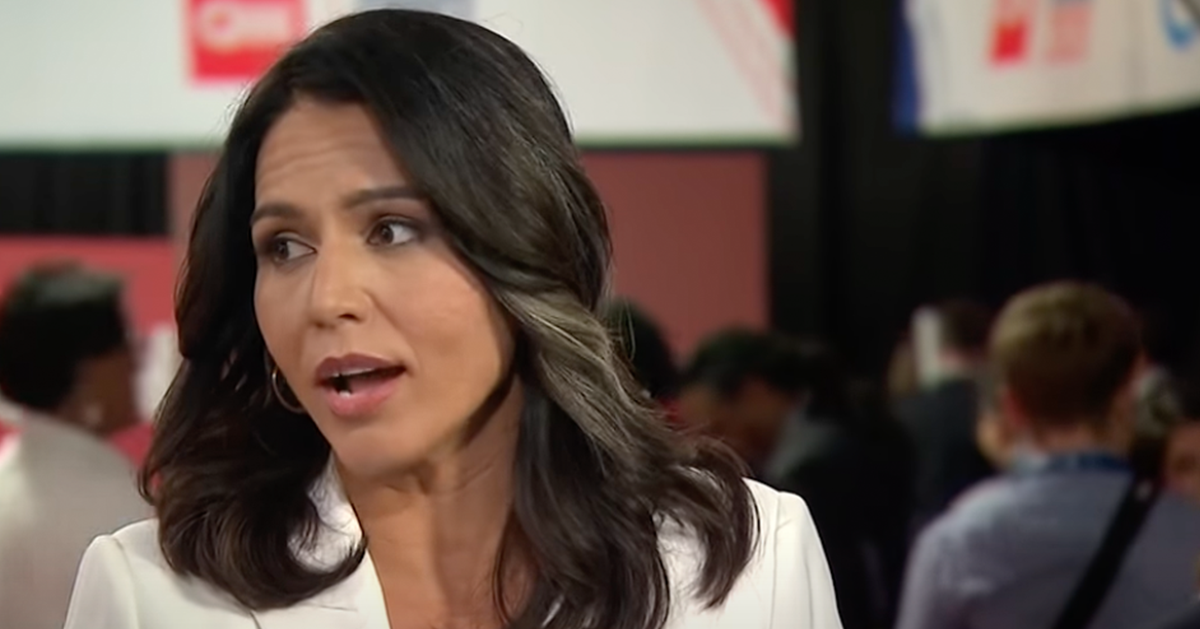Retired Judge Andrew Napolitano calls DOJ case against Comey 'flimsy'
In a stunning critique of federal prosecutors, retired Judge Andrew Napolitano has labeled the Department of Justice's case against former FBI Director James Comey as weak and politically driven, as Newsmax reports.
Federal prosecutors are pursuing criminal charges against Comey for allegedly lying under oath and obstructing justice, though Napolitano argues the case lacks strength due to expired statutes of limitations and prior grand jury rejections.
During his tenure as FBI Director, Comey led several investigations into President Donald Trump and his associates, including probes into alleged Russia collusion and campaign contacts with Moscow.
Comey's actions scrutinized
These investigations, often criticized by Trump as "lawfare," included surveillance issues involving Trump allies, though they ultimately did not result in successful prosecutions.
Comey was fired early in Trump's first term, amid tensions over his handling of these matters, which Napolitano described as "illegal, reprehensible, and politically motivated."
Napolitano, speaking on Newsmax's National Report on Friday, suggested that the current legal action against Comey appears to be a form of retribution for his past conduct toward Trump.
Statute of limitations poses hurdle
He emphasized that any potential crimes from the end of President Barack Obama's term or the start of Trump's presidency could have been addressed during Trump's first term.
However, no charges were filed at that time, and Napolitano noted, "It's too late to prosecute him for that."
He further explained that the window for legal action has closed, stating the statute of limitations on those earlier actions has expired.
Prospects for prosecution uncertain
Now, federal prosecutors are launching their attempt to convict Comey, with some suggesting that the odds of success could be steep.
The current charges include two counts: one for allegedly lying under oath to Sen. Ted Cruz about authorizing a leak to the press regarding the Trump-Russia investigation, and another for obstructing justice by hindering Congress' investigation through that statement.
Comey denied authorizing the leak with a succinct response during testimony, saying simply, "No," while former Deputy Director Andrew McCabe claimed Comey did give such approval.
Witness credibility questioned
Despite McCabe's testimony, the Justice Department's inspector general concluded that McCabe was untruthful, while Comey was truthful about the leak authorization, a finding that led prior prosecutors and grand juries to reject charges.
Napolitano highlighted the weakness of the case, pointing out that McCabe, described as Comey's friend and former colleague, may not provide testimony that supports the government's position.
He predicted the trial would hinge on a straightforward issue, asking, "Did he or didn't he lie?" and suggested that if Comey is cleared of lying, the obstruction charge would also collapse.






